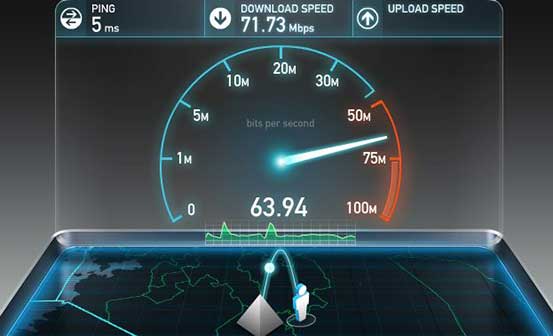×
The Standard e-Paper
Join Thousands Daily

LONDON: Researchers at the University College London (UCL) has set a new record for the fastest ever data rate for digital information, achieving a rate of 1.125 terabit per second (Tb/s), according to a study published online Thursday in the journal Scientific Reports.